Positive impacts of tourism on the environment
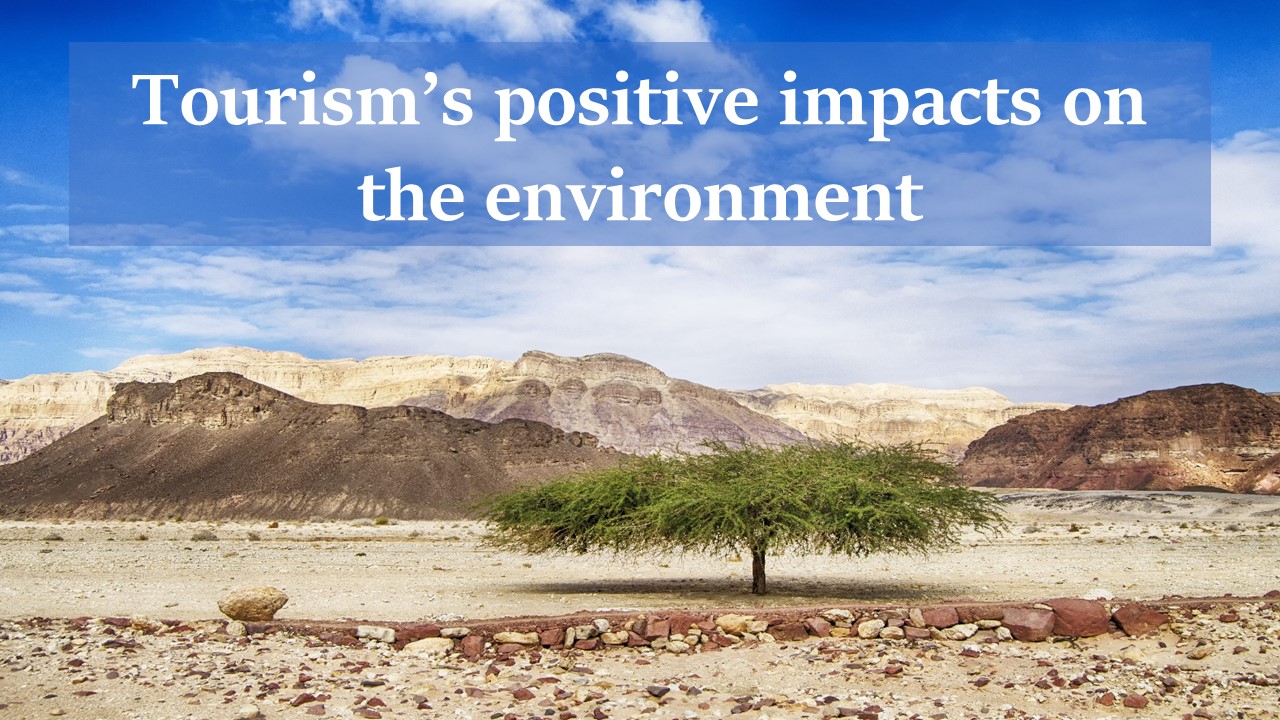
Basically, tourism revolves around the natural environment. The hospitality of the host nation and amenities in place then follow. As it is, niche tourism like ecotourism indeed has several positive impacts on the environment. As long as tourists visit, travel and carry out activities in a sustainable manner, they help to conserve the environment.
Positive impacts of tourism on the environment
In general, the positive impacts of tourism on the environment are
- provides foreign currency to manage natural resources,
- helps to boost conservation,
- encourages sustainable practices and
- spreads ecological knowledge.
1. Provides foreign currency to manage natural resources
In general, tourism helps enormously to manage natural resources. It can be in the form of protecting wildlife or even patches of natural land.
Today, we are establishing many natural parks and reserves as tourists are looking for natural experiences. At the same time, they bring in foreign currency that helps to maintain these reserves.
As it is, many endemic plants and animals live and grow in nature reserves. But, we often exploit them or invasive species kill them. So, to ensure that they can continue to survive, we require funds to manage and protect them. We thus acquire funds through parks fees, levies, taxes or donations.
For example, in the Madikwe Game Reserve in South Africa, all visitors must pay the conservation levy either during pre-bookings or at checkouts. We then invest this money to manage wildlife, especially to combat rhino poaching. Tourists and tour operators can also give special fees for conservation activities. And governments may levy taxes on certain conservation activities.
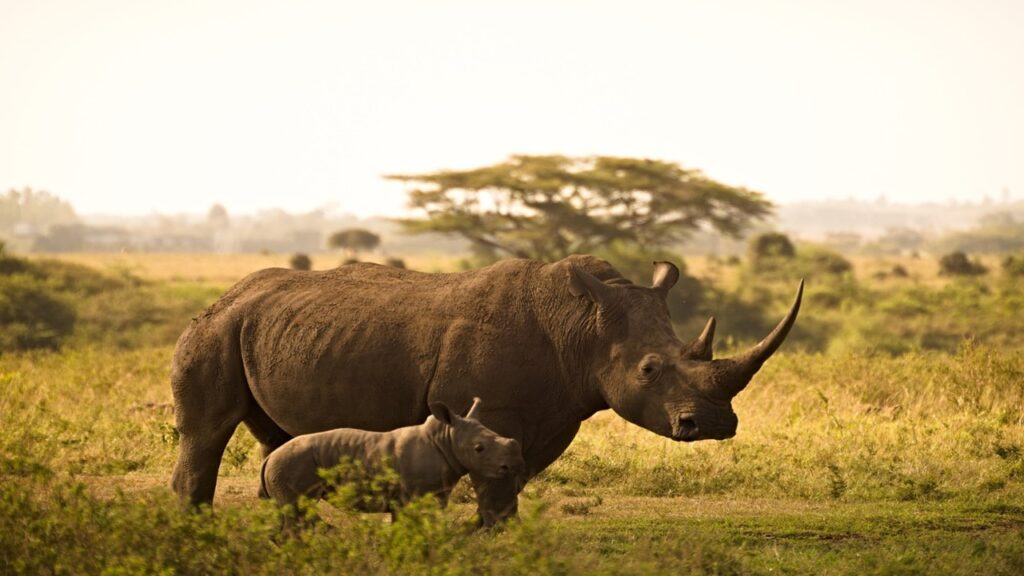
2. Helps to boost conservation practices
Conservation refers to the sustainable use of resources. Basically, tourism depends on the environment. Consequently, many destinations are now using their resources in a sustainable manner to charm tourists. Hence, as more tourists visit natural areas, it helps to boost conservation practices in destinations. Otherwise, governments could exploit the resources or even destroy the land for development.
In regions where there are financial, political and human shortfalls, tourism is crucial to support conservation on public or private lands. In Vietnam for example, national parks play an important role in national development. Several ministries and agencies in fact take part in governing protected areas. These natural zones attract tourists, create alternative livelihoods and support local socio-economic development.
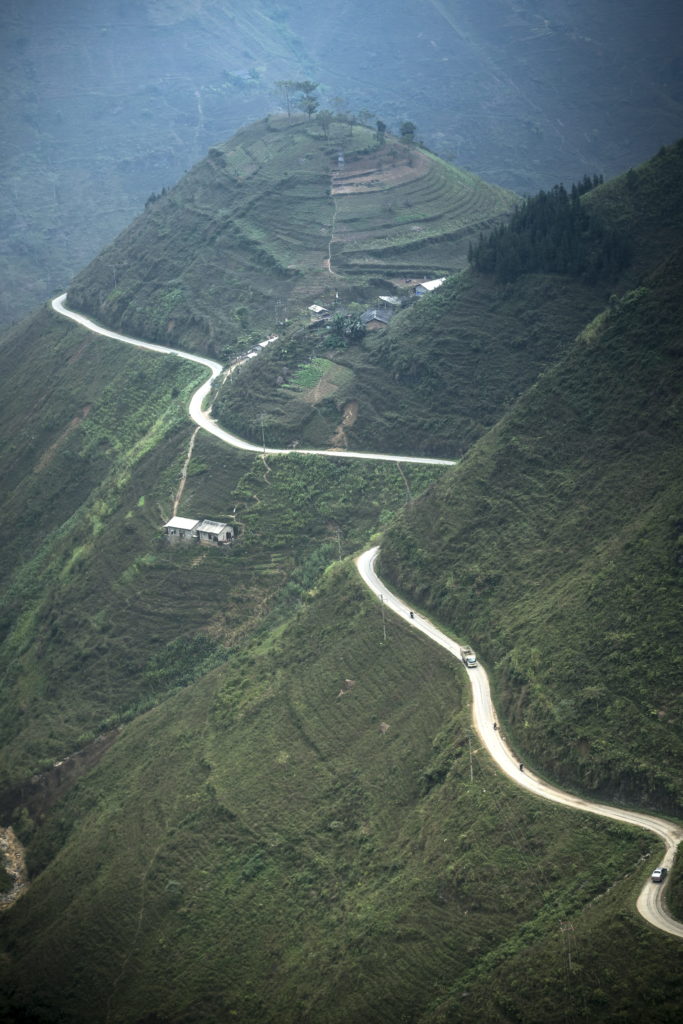
Prevent illegal trade and over-exploitation
Moreover, by applying stringent laws and regulations, we can prevent the illegal trade and over-exploiting of wildlife and plants.
Indeed, one of the most successful conservation stories related to tourism is the conservation of mountain gorillas. These massive primates live across the Bwindi National Park and Virunga Massif in East Africa. We thought that they were going to be extinct by the 20th century because of poaching, disease and habitat destruction.
But thanks to strict conservation measures put in place, the number of gorillas in the wild has been rising. The African Wildlife Foundation reports that the park is now a national treasure that attracts tourists from all over the world.
3. Encourages sustainable development
As tourists become more environmentally conscious and choose eco-friendly practices, tourism businesses must follow suit. For sure, we can see a number of green practices in many destinations in order to appeal to tourists. Examples include using renewable sources of energy and natural drainage ponds.
In fact, the tourism sector is restructuring itself to be more sustainable. There is less disturbance in natural areas as tourists understand their impacts. Hotels are also investing in technologies to decrease wastage like automated showers. Food distributors are embracing organic farming and planting.
Sustainable eco-lodges
In the same manner, tourists now want typical nature-based activities and accommodation. Because of this, we are building more eco-lodges in national parks and coastal regions. And we give special attention to the design and construction of these cabins with the minimum impact on the surroundings. We use eco-friendly materials and construct them in a way to blend in the natural environment.
In Costa Rica for instance, locals construct eco-lodges in the Amazon forest with locally available materials that blend in the natural environment. They also have sustainable approaches to handle day-to-day activities. For example, they make energy from waste-to-energy systems and use it for cooking.
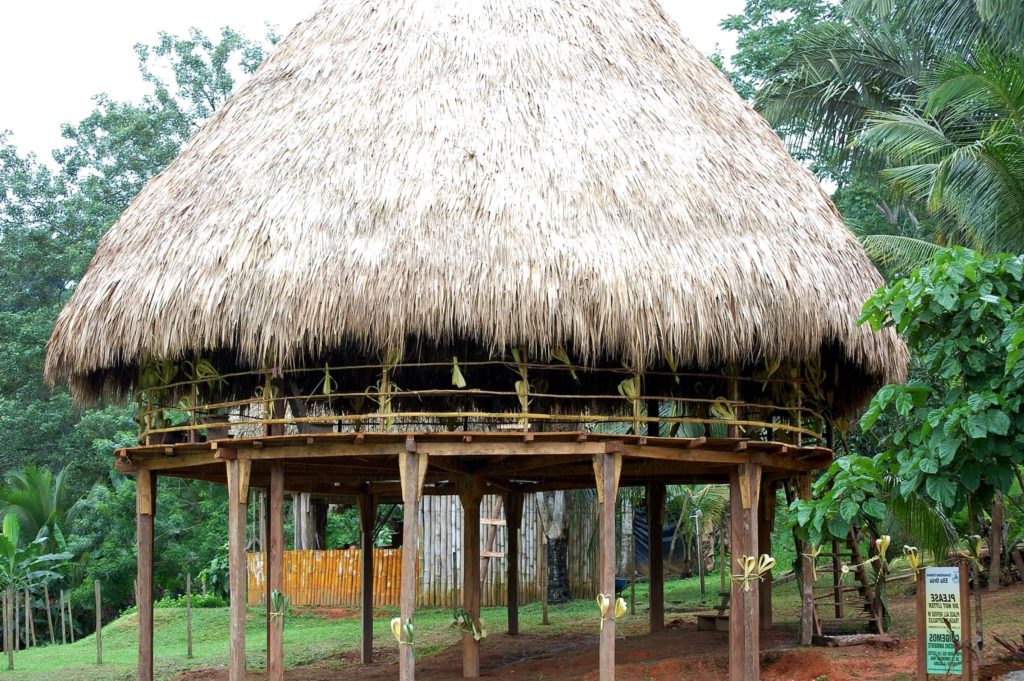
Eco-lodge for tourists in Panama
4. Spreads ecological knowledge
One of the most important beneficial aspect of tourism on the environment is that it educates the tourist. As tourists visit a natural site, they form a deeper relationship with it and appreciate it better. This experience can in fact change the way they value the environment. It can encourage them to be more eco-conscious during their everyday activities.
In many cases, expeditions to places such as the Arctic glaciers or the Himalayan mountains raise ecological awareness in tourists. When they see how we might lose such precious natural spots in the years to come due to climate change, they can change their behaviour. And encourage their peers to do so and even support conservation projects.
Monitoring environmental impacts of tourism
So, tourism has a number of positive impacts on the environment. But, there is actually a complex relationship between tourism and the environment that makes it difficult to track impacts.
Cause-effect relationships in fact take time to manifest themselves and very often, may be cumulative in nature. At the same time, tourism activities can be difficult to separate from other human activities in a particular region.
Very often, the most enthusiastic nature advocates such as photographers and hikers may actually be the ones affecting the environment the most.
Nonetheless, with the growing concern of climate change and its projected devastating impacts on the environment, tourism has become a key element for environmental conservation and raising ecological awareness.
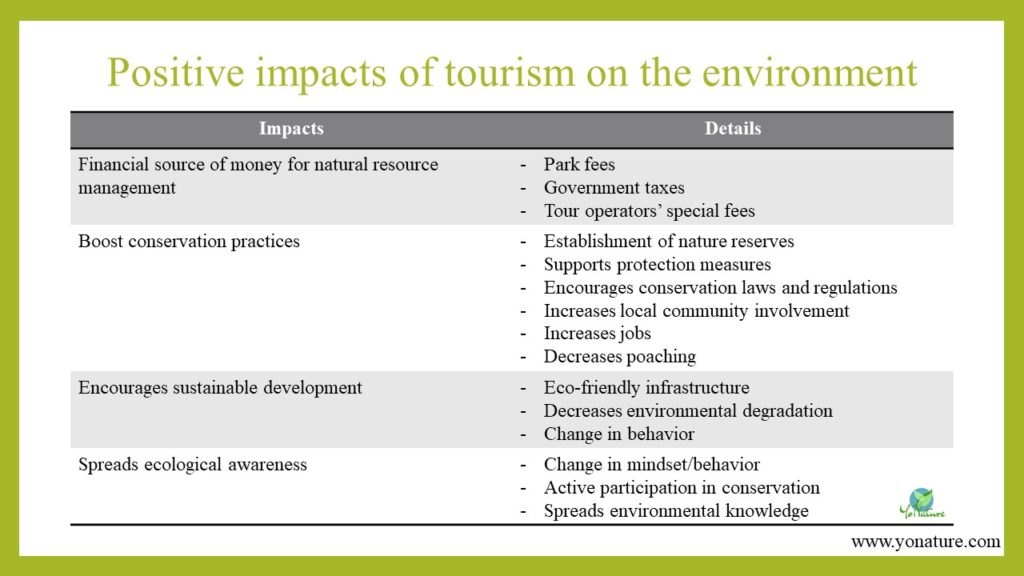

Pingback: Mauritius: Geography, History, Travel and Top Attractions - Yo Nature
Pingback: The forests of Mauritius - Yo Nature
Pingback: 5 reasons why ecotourism is better than traditional tourism - Yo Nature